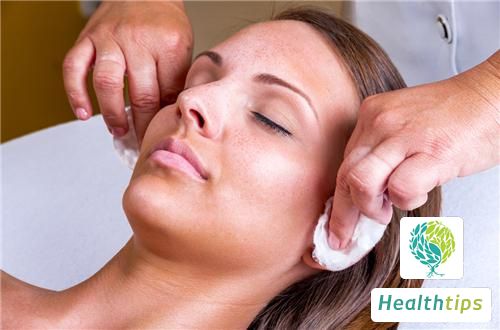What Precautions Should Be Taken Before Receiving a Breast Cancer Vaccine?
Breast cancer, a common cancer among women, can bring great suffering to women once it occurs. Surgical removal of the breast is often required for the treatment of breast cancer. To avoid or reduce the risk of developing this disease, many women choose to receive breast cancer vaccines in advance. Before vaccination, it is necessary to be aware of certain precautions in order to minimize any discomfort or adverse reactions to the vaccine.

Breast cancer vaccines, designed to prevent the occurrence of breast cancer, can be administered similarly to flu vaccines. A renowned cancer expert has pointed out that with a thorough understanding of the causes of breast cancer, the development of vaccines or prophylactic products is imminent. However, the exact causes of breast cancer are not fully understood, and thus, there is no definitive method for preventing it.
Based on epidemiological investigations and analysis, the prevention of breast cancer can be approached from several aspects:
- Establishing a healthy lifestyle, adjusting the pace of life, and maintaining a cheerful mood.
- Participating in regular physical exercise, actively engaging in social activities, avoiding and reducing mental and psychological stress, and maintaining a peaceful mindset.
- Developing good eating habits. Ensuring nutritional balance during infancy and childhood, promoting breastfeeding; reducing excessive intake of high-protein and low-fiber foods during childhood; avoiding excessive intake of fat and animal protein during adolescence, and strengthening physical exercise; controlling total calorie intake after menopause to prevent obesity. Adopting a diet that does not include excessive amounts of meat, fried eggs, butter, cheese, and sugary foods, and reducing the consumption of pickled, smoked, fried, and grilled foods. Increasing the intake of fresh vegetables, fruits, vitamins, carotenoids, olive oil, fish, and bean products.
- Actively treating breast diseases.
- Avoiding the inappropriate use of exogenous estrogens.
- Avoiding long-term excessive alcohol consumption.



















